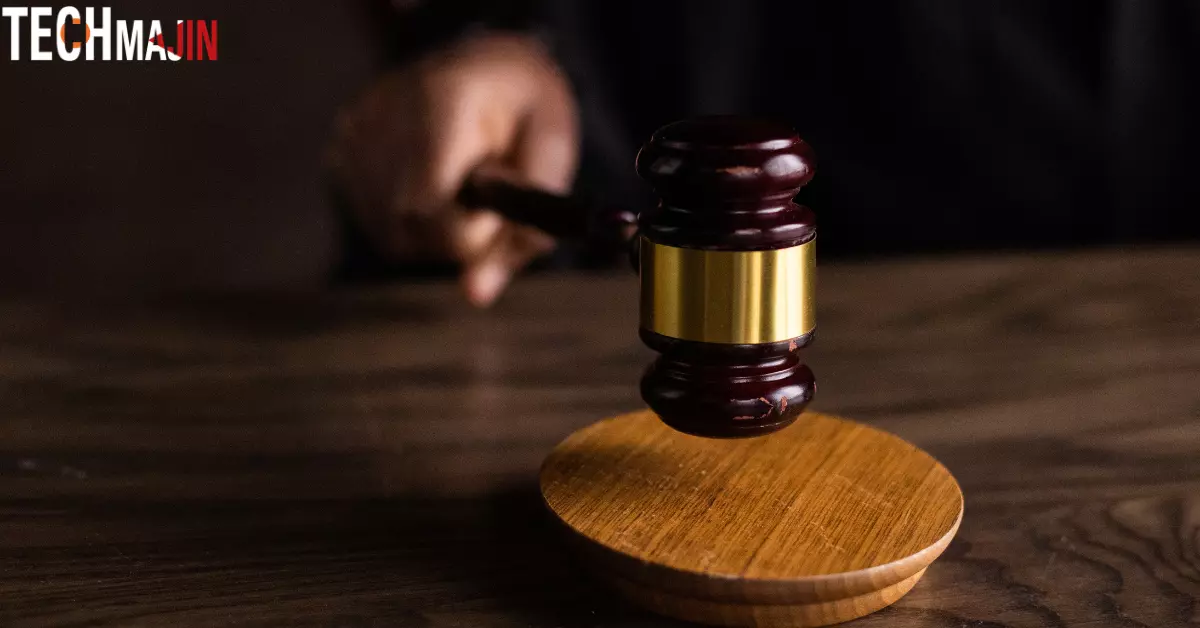Bayer is an agrochemical giant, better known as the company that acquired Monsanto in 2018. At the time of its acquisition, there was intense antitrust scrutiny and buyout roadblocks. However, the deal was finally made for $63 billion.
The public believed that this move was nothing more than an attempt to blot out Monsanto’s blemished past. However, in the last five years, Bayer has shown itself to be more akin to Monsanto than otherwise.
The Wall Street Journal even called the Bayer-Monsanto corporate deal one of the worst in US history. After all, the most hated GMO company joined hands with the most hated Big Pharma corporation, making it a marriage made in hell.
Soon after the merger, Bayer felt the sting of Monsanto’s misdeeds with the Roundup weed killer lawsuit. As the company struggled to settle over 100,000 cases, the Polychlorinated Biphenyl (PCB) litigation continued. Though the PCB lawsuit is not novel, Bayer has recently closed multiple million-dollar settlements.
In this article, we will discuss this litigation in detail to understand how a change of name does not guarantee a change of fate.
The Adverse Effects of PCB Exposure
PCBs were synthesized for the first time in the early 1880s but commercial production only started in 1929. Between the 1930s and 1970s, this group of chemicals was produced in massive quantities. They primarily had closed applications, including capacitors and electric transformers.
However, some of their open applications included sealants, paints, carbon paper, etc. Regardless of their application type, PCBs easily get released into the environment and pose a deadly threat to human and marine life. Besides the sources mentioned, certain anthropogenic ones include cement kilns, plastics, waste incinerators, and more.
Studies have found that these chemicals significantly raise the risk of developing diabetes, liver and cardiovascular disease, cancer, and neurodevelopmental disorders. PCB exposure symptoms are often not immediate depending on the frequency and quantity.
However, they may range from skin irritation or acne to epigastric distress, nausea, and respiratory issues. Long-term exposure to massive quantities of PCB is often life-threatening.
The lawsuit against Monsanto/Bayer has been filed for injuries like immune system disorders, cancer, and reproductive problems. According to TorHoerman Law, it is alleged that the manufacturer was aware of the health risks but did nothing to warn the public.
Huge Settlements Already Made
Washington filed the first PCB lawsuit against Monsanto in 2016. Numerous municipalities and schools since then have filed this lawsuit due to PCB contamination in their water supply. Most of these cases have been closed for millions of dollars.
The largest settlement by far in this litigation was made for the Oregon pollution with a total of $698 million. That is seven times the second-largest settlement for Washington in 2020 – $95 million. In any case, the municipality lawsuits have reached million-dollar settlements in most cases.
Today, at least 2,500 municipal entities across the country have filed contamination lawsuits due to PCBs. Bayer’s appeal to close these with $648 million has been granted by the court. Besides these, the now-defunct Monsanto must settle personal injury lawsuits for health issues. The total for these will also reach millions easily.
The Unforgettable Legacy of PCBs
Besides the catastrophic effects of polychlorinated biphenyls, the saddest part is that the chemicals’ impact will not die down easily. Despite a total ban on production since 1979, the world is reeling under the aftermath.
This is because PCBs do not easily break down in the environment; they can persist for extended periods. Furthermore, they can travel over great distances via air, migratory species, and water. This means the bioaccumulation in one place will likely affect nearby locations (even international borders over decades).
According to the United Nations, PCB is a worldwide issue because every person is believed to have some quantities in their bloodstream. As of now, 83% of the total PCBs produced (14 million tons) still require elimination. Monsanto has already created a toxic legacy that Bayer simply cannot remove (at least not with a merger).
Parting Thoughts
Given the all-pervasive nature of PCBs, it’s unlikely that the litigation will close anytime soon. Lawyers are still assessing the progression of personal injury lawsuits to ensure fair settlements for their clients.
Monsanto has successfully subjected itself to such public disapproval through its actions that Bayer cannot reverse its fate. Even if every chemical produced by the agrochemical giant is banned, the trail of its evil deeds will follow everywhere.
The only thing one can hope for is that the company learns its lessons well and puts an end to gambling with the health of the earth and its inhabitants.






